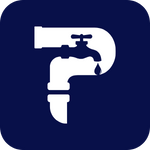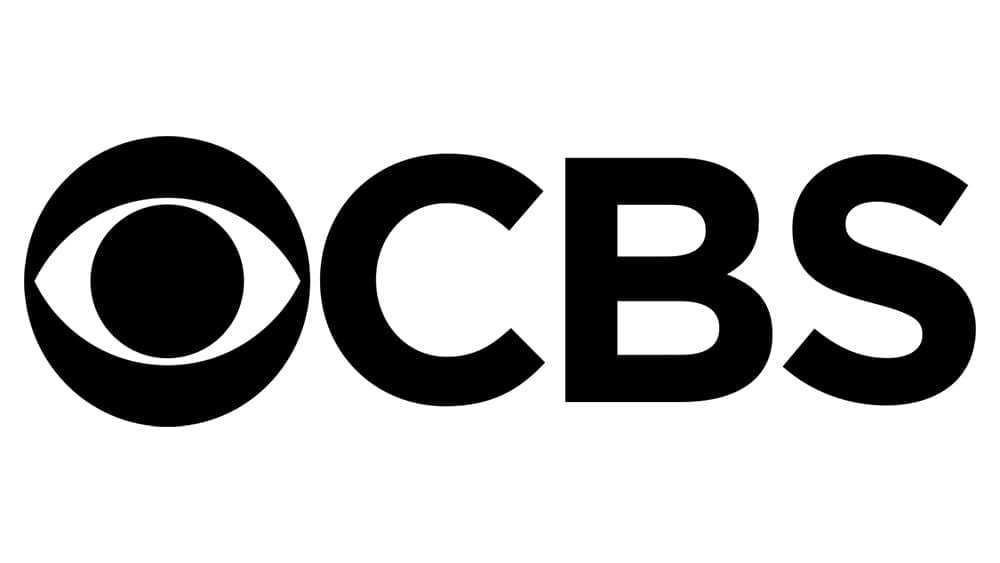Increasing HVAC Efficiency: Crucial Techniques for Homeowners Keeping an effective heating, ventilation, and air conditioning (HVAC) system is more crucial than ever in the modern world thanks to rising energy prices & environmental concerns. Homeowners are looking for more efficient ways to maximize energy efficiency and guarantee comfort with their HVAC systems. This post will go over a number of important tactics that can improve HVAC efficiency, such as routine maintenance and the application of smart technology. Your HVAC system's longevity and effectiveness depend on routine maintenance.
Key Takeaways
- Regular maintenance is crucial for the efficient functioning and longevity of HVAC systems.
- Upgrading to energy-efficient systems can lead to significant cost savings and reduced environmental impact.
- Proper insulation and sealing can prevent energy loss and improve indoor comfort.
- Smart thermostats and controls offer convenient and precise temperature management for better energy efficiency.
- Implementing zoning systems can optimize heating and cooling in different areas of a building for enhanced comfort and energy savings.
To operate at their best, HVAC units need regular inspections, just like any other mechanical system. Maintenance neglect can result in a number of issues, such as decreased system performance, higher energy costs, and even total system failure. Regular tune-ups and inspections allow homeowners to spot possible problems before they become serious enough to require expensive repairs.
Also, maintaining indoor air quality is aided by routine maintenance. Over time, pollutants, dust, & allergens can build up in your HVAC system. A properly maintained system guarantees that these pollutants are efficiently filtered out, creating a healthier living space. To make sure their systems are operating efficiently all year long, homeowners should think about scheduling routine maintenance with a certified HVAC specialist. Upgrades to energy-efficient HVAC systems are among the best methods to increase HVAC efficiency. The advanced technology used in the design of modern HVAC units drastically lowers energy consumption when compared to older models.
ENERGY STAR certified systems, for example, adhere to stringent energy efficiency standards established by the U.S. S. EPA, or Environmental Protection Agency. In addition to reducing energy costs, these systems also help to lessen carbon emissions. Homeowners should assess the age & functionality of their current system before contemplating an upgrade.
| Metrics | Value |
|---|---|
| Average HVAC system efficiency | 85% |
| Number of HVAC maintenance checks per year | 2 |
| Energy savings from optimized HVAC service | 15% |
| Reduction in HVAC repair costs | 20% |
It might be time to upgrade to a new, more energy-efficient HVAC system if yours is more than a decade old. This investment is further enticing by the fact that numerous utility companies provide rebates and incentives to homeowners who decide to upgrade to energy-efficient systems. Appropriate sealing and insulation are essential parts of an effective HVAC system. Insulation lowers heat transfer through walls, ceilings, & floors, assisting in the maintenance of the ideal temperature in your house. Your HVAC system must work harder to maintain comfort levels if you don't have enough insulation, which raises energy costs and utility bills.
It is equally crucial to seal the spaces and crevices surrounding windows, doors, and ducting. Because air leaks let conditioned air escape and unconditioned air enter, they can seriously reduce the efficiency of your HVAC system. Homeowners should perform a comprehensive inspection of their property and seal any leaks found with weatherstripping or caulk. Over time, significant energy savings may result from this straightforward but efficient solution. The way homeowners operate their HVAC systems has changed dramatically with the introduction of smart technology.
Accurate temperature control is possible with smart thermostats, which can be set to change their settings according to your schedule.
Numerous smart thermostats also have features like learning algorithms that gradually adjust to your routine.
They can also give you information about how much energy you use, which will help you decide how much heating & cooling you need. Purchasing a smart thermostat allows homeowners to maximize energy efficiency & improve comfort. A customized method of heating and cooling distinct parts of your house is provided by zoning systems. Zoning enables you to independently control the temperature in particular rooms or zones rather than treating your entire house as a single unit. In larger homes, where different areas may have different heating & cooling needs, this is especially advantageous.
By putting in place a zoning system, homeowners can guarantee comfort in areas that are used frequently while preventing energy waste in areas that are not occupied. In addition to improving comfort, this focused strategy lowers energy costs. Zoning systems are an excellent investment for people who want to optimize their HVAC efficiency. An essential component of your HVAC system's efficiency are the air ducts. The accumulation of dust, debris, and allergens in the ductwork over time can impede airflow and lower system performance. Maintaining ideal airflow and making sure your HVAC system runs effectively require routine air duct cleaning.
Sealing the air ducts is just as important as cleaning. When conditioned air leaks into unconditioned areas like crawl spaces or attics, it can result in a large loss of energy. Homeowners can increase indoor air quality and HVAC system efficiency by caulking these leaks with the right materials. Your HVAC system's efficiency can be greatly impacted by the kind of air filter you use. By capturing smaller particles than conventional filters, high-efficiency particulate air (HEPA) filters enhance indoor air quality and facilitate improved system airflow. Your HVAC unit will operate better and use less energy if you use high-efficiency filters to lessen the strain on it.
Air filters should be inspected and changed on a regular basis in accordance with the manufacturer's recommendations. Airflow is restricted by clogged or dirty filters, making your HVAC system work harder than it needs to. Homeowners can enjoy cleaner air in their homes and an efficient system by keeping their filters clean.
Skilled professionals are able to spot problems that the typical homeowner might miss.
They are capable of carrying out thorough examinations, suggesting any required maintenance or enhancements, & guaranteeing that your system is functioning at its best. Also, professional services frequently come with labor and part warranties, giving homeowners peace of mind. Your HVAC system will last longer & operate more efficiently with regular professional maintenance, which will ultimately save you money. Conclusion Getting the most out of your HVAC system is not only about comfort; it's also about saving money and helping the environment. Homeowners can greatly increase the efficiency of their HVAC systems by putting in place routine maintenance procedures, switching to energy-efficient systems, making sure that the insulation and sealing are adequate, using smart technology, & spending money on expert services. Act now by evaluating your HVAC system as it stands and thinking about the tactics you can use to make it better.
Every action you take to maximize your HVAC system will eventually result in more comfort and cost savings, whether that means investing in a smart thermostat or scheduling a maintenance check. Start optimizing your HVAC efficiency right now—don't put it off!
If you are looking to optimize your HVAC service business, you may want to consider incorporating influencer marketing strategies. According to a recent article on HVAC influencer marketing in Ontario, California, partnering with influencers in the industry can help increase brand awareness and attract new customers. By leveraging the reach and credibility of influencers, you can effectively promote your HVAC services and stand out in a competitive market.
FAQs
What is HVAC service optimization?
HVAC service optimization refers to the process of improving the performance and efficiency of heating, ventilation, and air conditioning systems through various techniques and technologies.
Why is HVAC service optimization important?
HVAC service optimization is important because it helps to reduce energy consumption, lower operating costs, improve indoor air quality, and extend the lifespan of HVAC equipment.
What are some common techniques used for HVAC service optimization?
Common techniques for HVAC service optimization include regular maintenance, equipment upgrades, system retro-commissioning, energy management systems, and the use of advanced control strategies.
How can HVAC service optimization benefit building owners and occupants?
HVAC service optimization can benefit building owners and occupants by providing a more comfortable and healthy indoor environment, reducing energy bills, and minimizing the need for costly repairs and replacements.
What are the potential cost savings associated with HVAC service optimization?
The potential cost savings associated with HVAC service optimization can vary depending on the size and type of the building, but studies have shown that it can lead to significant reductions in energy costs, maintenance expenses, and equipment replacement costs.
What are some challenges associated with HVAC service optimization?
Challenges associated with HVAC service optimization may include the initial investment required for upgrades and retrofits, the need for specialized expertise, and the potential disruption to building operations during the optimization process.






